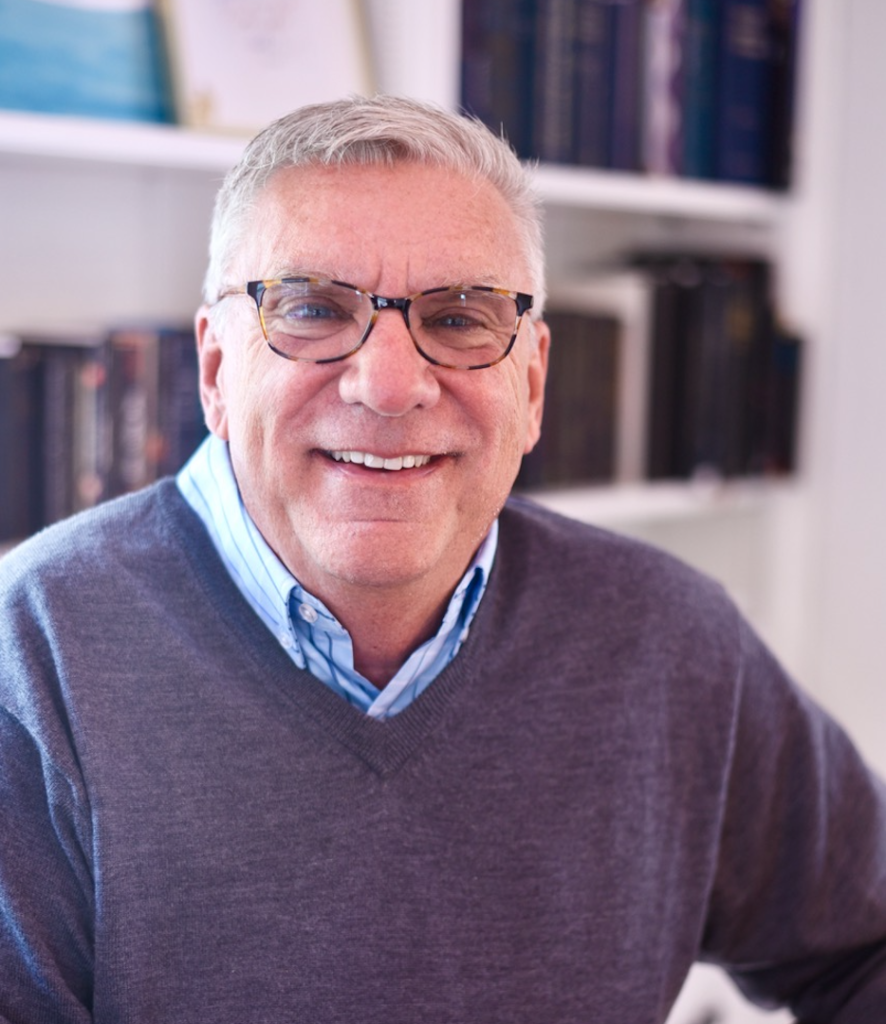

By Michael Beas
Barry Swanson Discusses ‘Still Points’ with Michael Beas in an Exclusive Interview
Barry Swanson Discusses ‘Still Points’ with Michael Beas in an Exclusive Interview https://csuiteold.c-suitenetwork.com/advisors/wp-content/uploads/sites/5/2022/04/Screen-Shot-2022-04-04-at-12.23.27-PM-886x1024.png 886 1024 Michael Beas https://secure.gravatar.com/avatar/a0e0ab435089d802515e3cb28ade2428?s=96&d=mm&r=gAn Exclusive Interview with Author, Barry Swanson:
Barry Swanson’s book ‘Still Points’ has been a hit with readers recently hitting the bestseller list, capturing the imaginations of readers and reviewers alike. Swanson has a gift for creating a compelling story, intriguing characters and keeping readers enthralled from beginning to end.
In ‘Still Points’ Philip Zumwalt, a fantastic protagonist, is an accomplished musician, poet, and idealist—a dreamer. Fresh out of college in 1940, he takes a job as a music teacher in a small, rural Illinois town. His plan is to teach for a few years hoping to save enough money to finance his dreams: go to Chicago to become a professional musician and get his pilot’s license. These dreams dominate his thoughts until one summer night when he meets Elinor Robinson.
Philip and Elinor’s forbidden romance—and the specter of war hanging over the country—put Philip’s dreams on hold. When he enlists in the Army Air Force, the gifted artist goes on an unpredictable journey of lost innocence. Life and death hang in the balance as he overcomes his fears and spiritual doubts in a desperate effort to survive aerial combat in the maelstrom of the Southwest Pacific Theater.
If you want to see what happens, and you know you do, pick up this epic read which is destined to be the book to read for seasons to come. Recently I had the chance to chat with Swanson to learn more about him, his work and what’s next.
‘Still Points’ is based upon the World War II diaries of the real Philip Zumwalt, what was it about his story that you found so intriguing? What was it like for you to bring this epic story to life?
As the Prelude of the novel states, my father-in-law, Homer Zumwalt gave me Philip’s (Homer’s eldest brother) diaries on a Christmas morning many years ago. After I opened the gift and realized what it was, he said, “Thought maybe you could do something with these things of Philip’s.”
Thus, began the journey to tell Philip’s story. The inspiration came from Philip’s own words and the family legend that surrounded him. I found the history of the aerial war in the Southwest Pacific Theater particularly intriguing, as there was not much written about it. Without the support of the Army Air Force, it would have been nearly impossible to establish control of the islands that led to Japan’s eventual surrender.
Writing a novel is exhausting, physically and emotionally. The revisions are the most demanding. My original manuscript was over 600 pages. The novel ended up being 387 pages. It “takes a village” to complete such a project. My wife, editorial staff and publisher were all an integral part of the process.
Countless hours were spent reading historical books recounting WWII and researching the Army Air Force’s role in that war. I wanted to get a sense of what it was like serving in the Southwest Pacific Theater during the war, the intricacies of flying a B-17, and the perfection of the skip-bombing technique.
I also researched what being a teacher in a small, midwestern rural village during the school year 1940-41 entailed. I visited the town where Philip taught and spoke to some of the residents of that village. I was most fortunate to find a Payson-Seymour yearbook from 1941 that Homer had saved. I also interviewed a number of WWII veterans and family members. All of my research was essential in making the novel as true to the actual events as possible.
Like any research it was somewhat painstaking but also fascinating. To immerse one’s self in another era is almost like hopping aboard a time machine and being transported back into another place and time. Certainly, this era is one that had a profound influence on the world I grew up in. It gave me a renewed appreciation of what my parents and all the members of the Greatest Generation endured.
How long did it take for you to write ‘Still Points’? What were one of the challenges you faced while writing it, and conversely one of your biggest successes?
Ten years of actual writing, plus a few more including the extensive research demanded to present the story as accurately as possible.
I list, for the most part, the challenges above. The success is finally holding the book in your hands and then hearing from readers that the book is one they will never forget and that it had a lasting impact on their lives.
While writing ‘Still Points’ did you learn anything new about yourself?
That I could overcome my propensity to procrastinate, and when highly motivated was able “land” a project of this magnitude. It was comparable to writing and completing my doctoral dissertation, but even more demanding.
A good story is all about the setting, the descriptiveness, and the raw energy that captivates, all coming together to have the reader turning the pages effortlessly. Your book includes all of them, what are one of the keys that you find is critical when getting into the writing zone.
You have to completely immerse yourself in the characters. There were times I felt I was Philip. Reading his diaries, I was able to climb inside his persona and think the way I believe he thought. Many of the characters were actual people in my life or representations of those individuals. My wife and I traveled to many of the locations where the story took place. I wanted to walk, eat and sleep where Philip had done the same so many years ago. We traveled to all locations including Australia, but our tour service advised that New Guinea was too dangerous a destination to explore.
Since ‘Still Points’ has been so popular with readers, we are wondering if you have another book in the works you can tell us about?
I am attempting to write a coming-of-age novel based upon the true story of my senior year in high school, playing on an integrated boys’ basketball team in pursuit of the 1965-66 Illinois boys’ basketball state championship, and falling in love with an All-American cheerleader, the girl of my dreams! I must admit re-living those “glory days” and moments of innocence has been quite amusing. I hope to complete the novel by late summer or early fall. Stay tuned. Working title is In Winter’s Midst.
What is your favorite drink to celebrate with when you finish writing?
An Old-Fashioned. Homer’s drink of choice.



